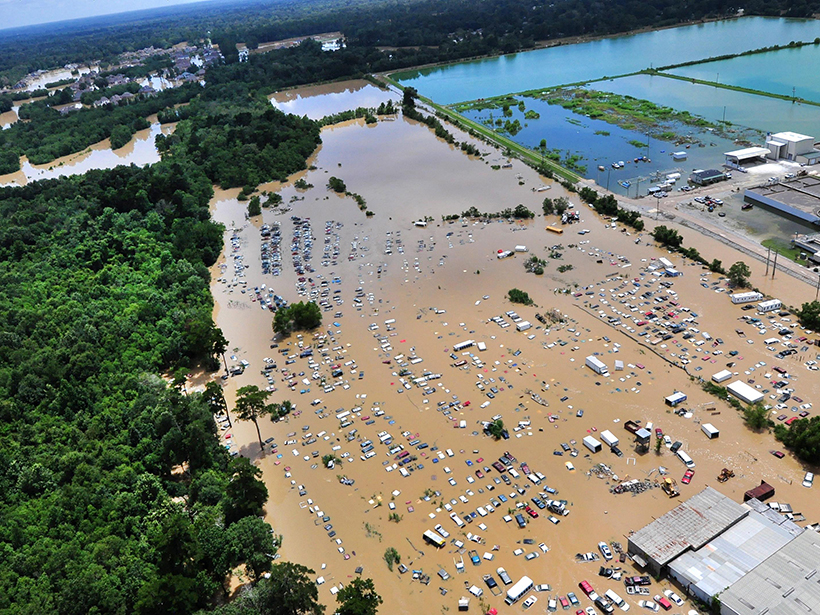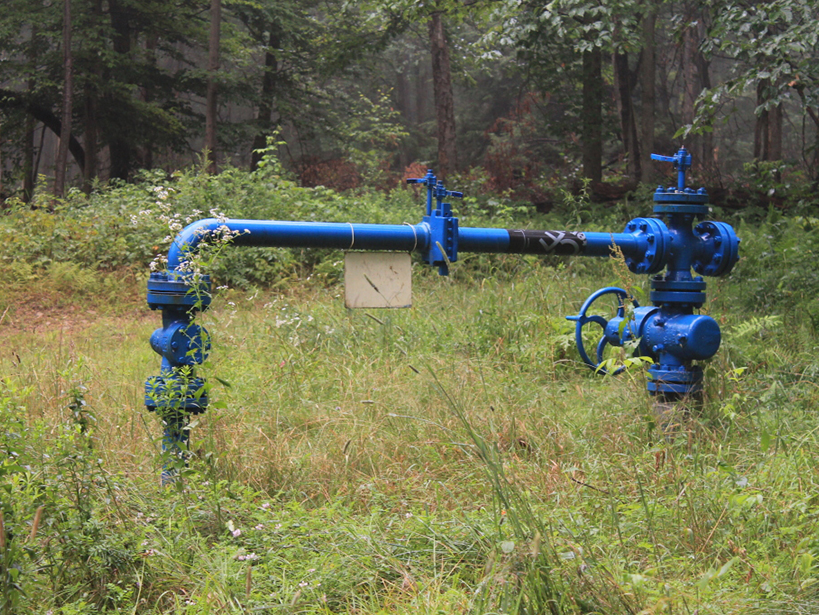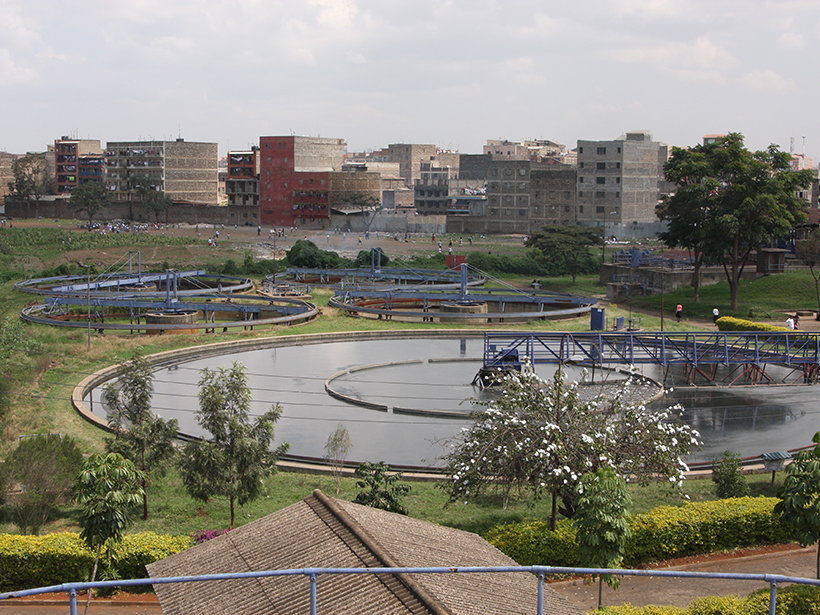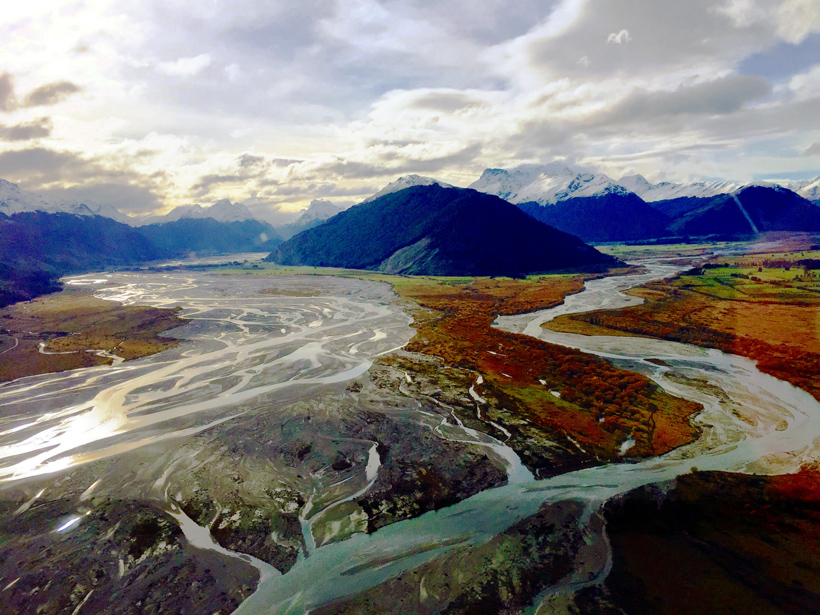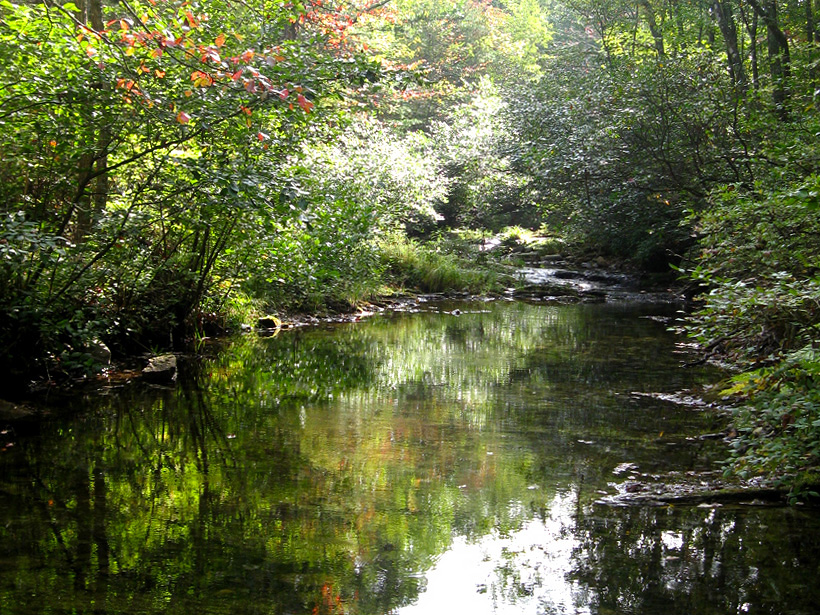New framework unifies existing models for better analysis of the flowing water produced by heavy rain events.
Water Resources Research
Water Challenges of Megacities
After attending a groundwater conference this summer in Shenzhen, China, Water Resources Research editor Jean Bahr reports back and summarizes the water management challenges posed by large cities.
Isotopes from the Tap Reveal Urban Water System Dynamics
Tracking isotope patterns in tap water also reveals metropolitan water management choices, population ranges, episodes of environmental stress, and even information on household income.
How Vague Historical Writings Help Scientists Predict Floods
By including imprecise historical written records in their calculations, researchers were able to decrease uncertainty in estimations of future flood frequency.
What Happens to Methane That Leaks from Abandoned Wells?
Three-dimensional simulations suggest that some aquifers may be more vulnerable to contamination from leaky oil wells than others.
Water Subsidies May Not Be Going to Those Who Need Them Most
A new study finds a widely used water tariff does not effectively deliver subsidies to intended beneficiaries in Nairobi, Kenya.
What Caused Record Water Level Rise in the Great Lakes?
A new modeling framework offers insight into how specific lakes' water levels respond to short- and long-term climate trends.
The Mathematics of Braided Rivers
River researchers find a mathematical relationship that predicts the average shape of a riverbed over a defined distance, opening the door to new ideas about modeling braided rivers.
How Much Dissolved Mercury Is Present in Streams?
The results of a new study suggest that an improved understanding of the processes mobilizing mercury in soils will be necessary to predict water quality impacts.
Are U.S. States Prepared to Manage Water in a Changing Climate?
An empirical study of water allocation and planning in five states concludes that they lack a statewide strategy to manage the impacts of climate change on water resources.

